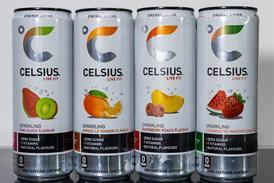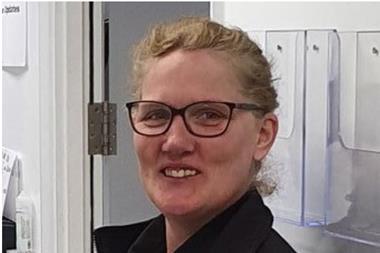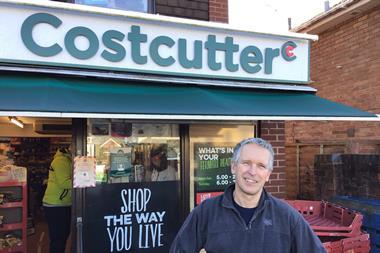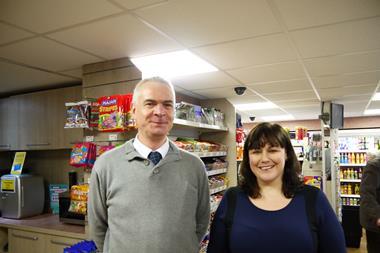The Village Shop, East Sussex
2012-01-18T00:00:00

Tess Flower
ALREADY HAVE A REGISTERED USER ACCOUNT? PLEASE LOG IN HERE
To read the full story join the ConvenienceStore.co.uk community today!
Registration is quick and easy and provides access to:
- Unlimited ConvenienceStore.co.uk articles
- Our great range of newsletters
- Content you’ve saved for later via the ‘my library’ feature
And much more…
Related articles
-

How indulgent dairy drinks are driving sales for convenience retailers
This content is provided by FrieslandCampina
-
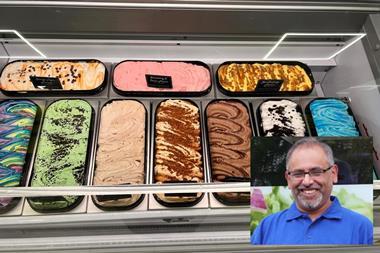
-
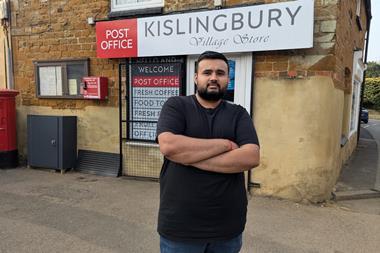
-
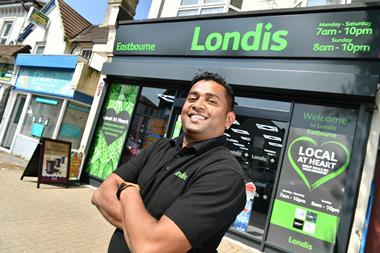
-
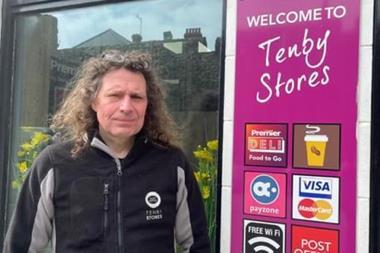
-
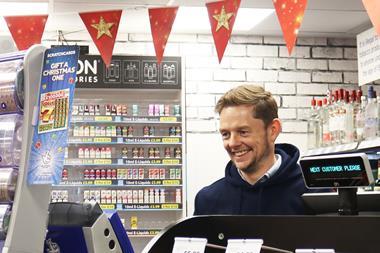
More from Retailer Profiles
Unlimited Access + Newsletters
Register today to gain unlimited access to articles and to receive our great range of email newsletters.









